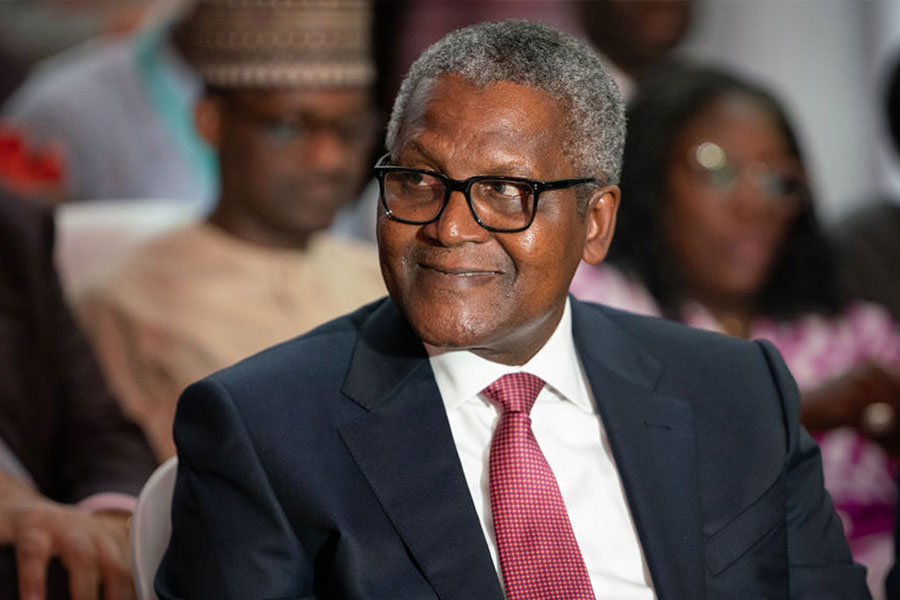
Ethiopian Investment Holdings (EIH), the state’s sovereign investment arm, has struck a deal with Dangote Group to build one of the world’s largest urea fertiliser complexes in Gode, Somali Regional State. The 2.5 billion dollars project will see EIH hold a 40pc stake while Dangote keeps 60pc. With agriculture employing over 70pc of Ethiopians, the government hopes the factory will cut fertiliser costs, create jobs, and boost crop yields while positioning the country as a regional hub. Designed to produce three million tons of urea annually, the complex will rank among the world’s top five single-site producers. Feedstock will come from natural gas fields in Hilala and Calub via dedicated pipelines, with potential expansion into other ammonia-based fertilisers. Construction is expected to take 40 months, generating thousands of jobs in and around Gode. "This partnership with EIH represents a pivotal moment in our shared vision to industrialise Africa and achieve food security across the continent," said Aliko Dangote, chairman of Dangote Group. EIH CEO Brook Taye called the agreement a milestone in Ethiopia’s drive for "industrial self-sufficiency and agricultural modernization." EIH, established in 2021, manages over 40 state-owned enterprises, including Ethiopian Airlines, Ethio telecom, and Commercial Bank of Ethiopia (CBE). Dangote Group, Africa’s industrial giant, brings decades of experience in cement, fertiliser, and petrochemicals. Farmers stand to benefit most from reliable, affordable supplies, while fertilizer importers may lose ground. For the Somali region, the project promises jobs and economic activity. Nationally, it marks a major step toward food security and industrial capacity.
[ssba-buttons]